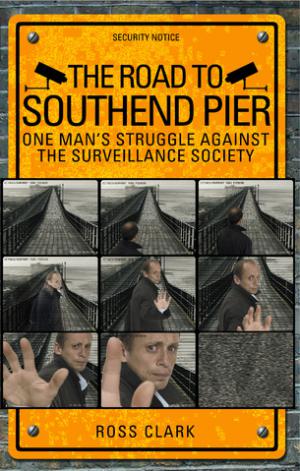
"If Britain is a police state, Ross Clark wants to know, where are all the police? If we are the most surveilled people on Earth, with Londoners allegedly caught on cameras 300 times a day, why can't they catch criminals or keep tabs on terror suspects and sex offenders? And what public good results from having our privacy electronically invaded by security services and supermarkets? Clark sets out from his home in East Anglia for Southend to see how far he can travel without being photographed, though some might suspect that it is to set up the "Orwellian" title. From there he takes us on a fast, funny, fact-packed and baffling journey through "life in Britain's panopticon", where somebody is supposed to be tracking everything from our genes to our driving habits. Although subtitled "One Man's Struggle Against the Surveillance Society", it seems fair to suggest that Clark, a droll conservative contributor to The Times and other publications, is not one of nature's political activists. His book is less a militant's pamphlet than a protest on behalf of respectable Brits about the absurdities of the surveillance society. He is appalled that while millions are herded on to a DNA register, police cannot take samples from terrorist suspects on control orders. "It is bizarre to think," he writes, ?that the Government is planning to let credit agencies advertise the contents of our bank accounts - yet will not allow police forces to name convicted criminals." Clark is most dismissive of the bureaucratic pointlessness of the "virtual" police state, with cameras that nobody watches taking pictures that nobody can use. He observes that the ?peculiar effect of surveillance, both on us and our leaders" is that ?it gives the impression that everything is under control, when in fact it isn't". Clark asks of the new computerised health system: "How do we know that the details of our haemorrhoids will not end up being broadcast unto the nation?" He suggests we take a lead from the Yorkshire farmer who, in response to government agencies' use of aerial surveillance, carved into his corn a one-word protest: "Arse". The Road to Southend Pier by Ross Clark, Harriman House, £9.99"